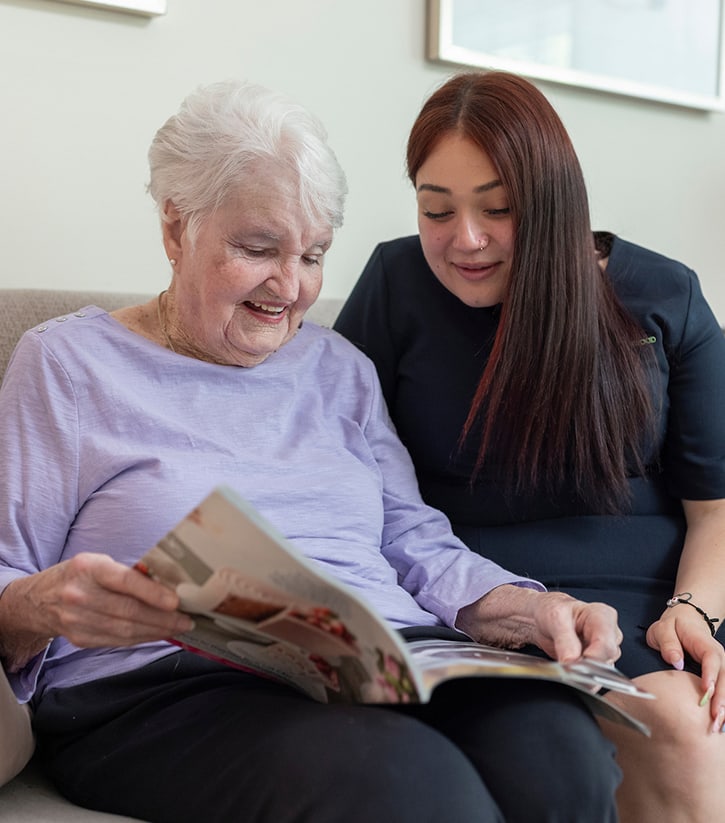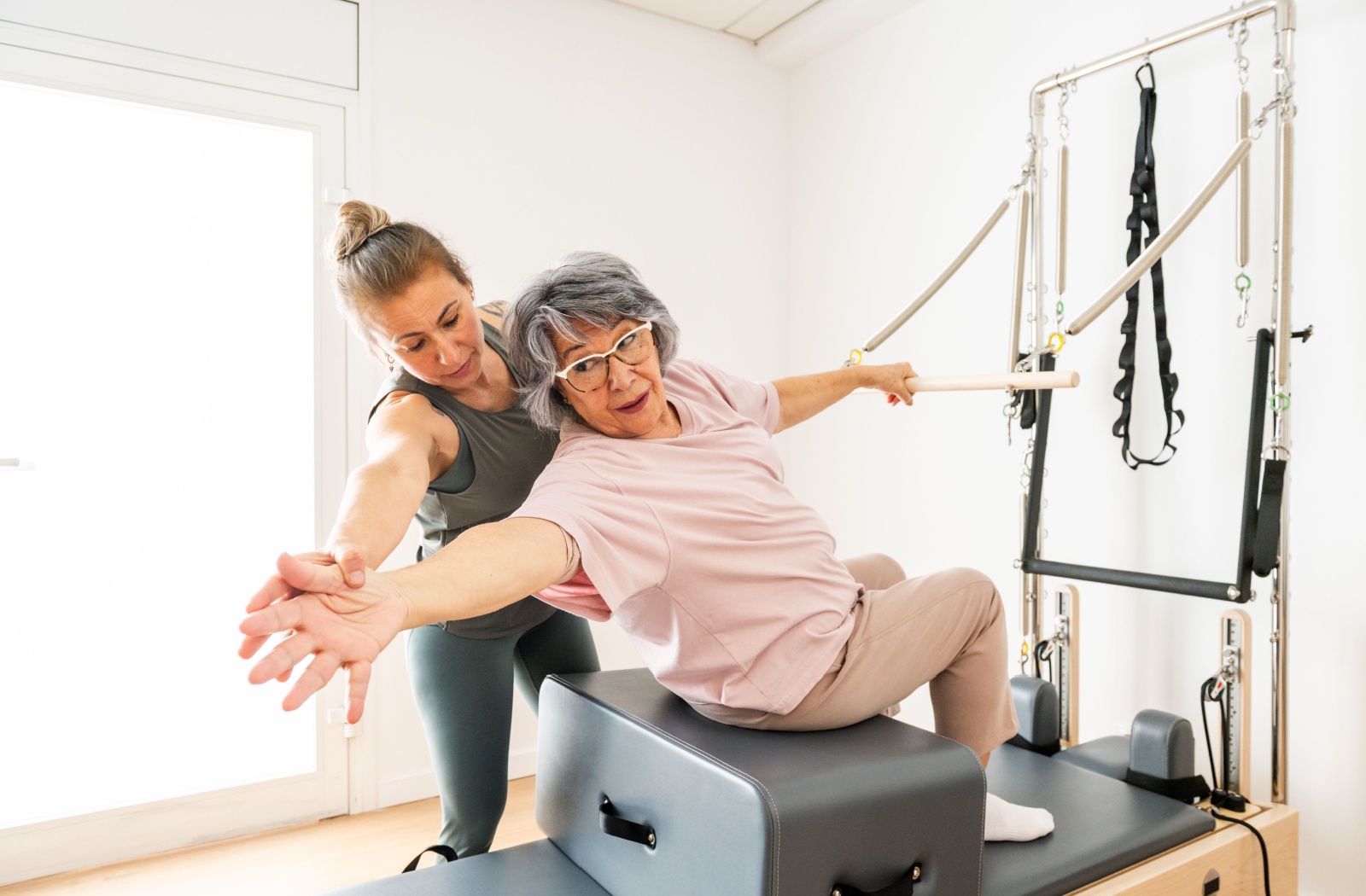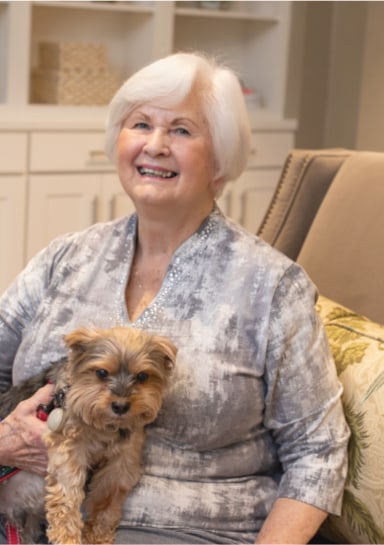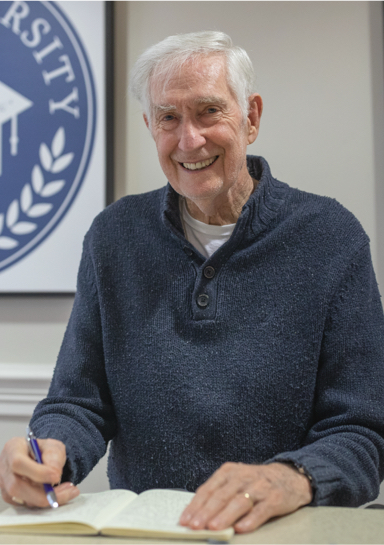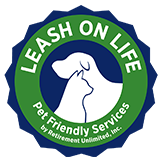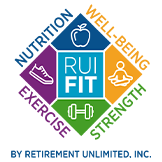Key Takeaways
- Pilates is a low-impact, adaptable exercise method that can be safe and effective for individuals with osteoporosis when practiced with proper modifications.
- It helps tone muscles, improve balance, and strengthen posture, reducing the risk of falls and fractures.
- Incorporating Pilates into your routine can support overall bone health while promoting a gentle yet effective way to stay active.
- Always consult with a healthcare provider or trained instructor before starting Pilates to confirm the exercises meet your specific needs and safety requirements.
If you’ve been diagnosed with osteoporosis, you might be wondering which exercises are safe and beneficial for your bones. With so much conflicting advice out there, it’s understandable to feel unsure about where to begin.
Pilates often comes up as a gentle yet effective option—and yes, Pilates can be very suitable for people with osteoporosis when done with proper modifications and guidance.
Pilates helps tone muscles, improve balance, and strengthen posture, all of which are key to reducing the risk of falls and fractures. It’s a low-impact exercise method that supports overall bone health while remaining safe and adaptable to your needs.
What Is Pilates?
Pilates is a gentle, controlled exercise method that focuses on building core strength, improving flexibility, and promoting an aligned posture. Developed in the early 20th century, this practice emphasizes precise movements, proper breathing, and mindful body awareness.
Unlike high-impact exercises that might put stress on fragile bones, Pilates uses your own body weight and controlled resistance to strengthen muscles.
The movements are typically performed on a mat or with specialized equipment, making it adaptable to different fitness levels and physical limitations.
Why Should You Consider Pilates for Osteoporosis?
When you have osteoporosis, your bones become more porous and fragile, increasing your risk of fractures. Traditional high-impact exercises might feel intimidating or unsafe. Pilates offers an innovative alternative that works in harmony with your body’s current capabilities.
The controlled nature of Pilates movements allows you to build strength gradually without sudden, jarring motions that could cause injury.
Many of the exercises can be modified to accommodate your comfort level and mobility, making it accessible whether you’re just starting your fitness journey or looking to maintain an active lifestyle.
What Are the Benefits of Pilates for Your Everyday Life?
Pilates offers numerous benefits that extend beyond the mat and into your daily routine. By improving your strength, flexibility, and posture, Pilates can reinforce overall ease of movement and sense of well-being in everyday life.
Gentle Strength Building
Pilates focuses on progressive resistance training that helps strengthen the muscles around your bones. When your muscles are stronger, they provide improved support for your skeletal system, which can reduce your risk of fractures.
The beauty of Pilates lies in its ability to target deep stabilizing muscles that you might not work in other forms of exercise.
Improved Balance
Falls are a significant concern for people with osteoporosis, as even minor tumbles can result in severe fractures. Pilates exercises emphasize balance and coordination, helping you develop improved spatial awareness and stability.
Through consistent practice, many people find that they feel more confident navigating their daily activities.
Flexibility & Posture Improvements
Poor posture can compress your spine and increase your risk of fractures. Pilates teaches you to align your body properly while moving, which can help reduce strain on your bones and joints.
The gentle stretching components also help maintain flexibility, making everyday movements feel easier and more comfortable.
Mindful Relaxation
Chronic pain and mobility concerns can create stress and anxiety. The mindful breathing and movement aspects of Pilates promote relaxation and mental clarity. The gentle yet focused exercise can help you develop a more positive relationship with your body.
The mental health benefits are just as significant as the physical improvements.
How Do You Get Started with Pilates?

Before beginning any new exercise program with osteoporosis, consult with your healthcare provider. They can help you understand which movements are safe for your specific condition and bone density levels.
Look for certified Pilates instructors who have experience working with individuals who have concerns about their bone health. Many studios offer beginner classes or private sessions, allowing instructors to tailor movements to your specific needs.
Start slowly and listen to your body—the goal is steady progress, not perfection.
Seeking Pilates in a Joyful and Connected Community?
At The Hidenwood, part of Retirement Unlimited, Incorporated (RUI), staying active is safe, enjoyable, and tailored to your needs. Through our RUI FIT program, we help residents prioritize wellness through professionally-led, inclusive fitness opportunities:
- Professionally-led classes: Enjoy fitness classes, including gentle options like Pilates, designed for all mobility levels and health needs.
- Inclusive environment: Our program fosters a welcoming atmosphere that allows you to move at your own pace.
- Social engagement: RUI FIT blends fitness and social connection, making exercise more enjoyable and motivating.
- Focus on wellness goals: Whether it’s building strength, improving balance, or connecting with others, we’re here to support your journey.
At The Hidenwood, we believe fitness should be as rewarding and fun as it is accessible. Join us and discover a program built around your well-being.
Take Your Next Step Toward Stronger Bone Health
Pilates is an effective way to manage osteoporosis and maintain a high quality of life. At The Hidenwood, we offer fitness programs for seniors that focus on controlled movement, strength, and balance—essential for bone health.
Consistency matters, and even gentle movement can significantly improve how you feel and function.
Your bones may be more fragile, but that doesn’t mean you have to slow down. Contact us today to learn how, with the proper support at The Hidenwood, you can stay active and confident.
